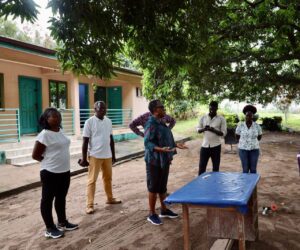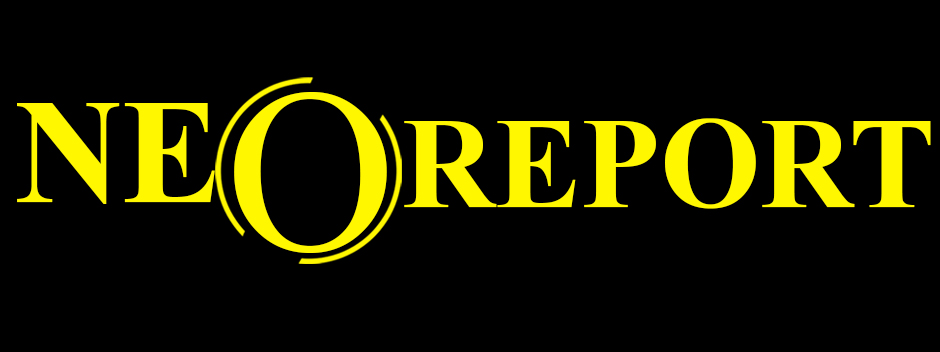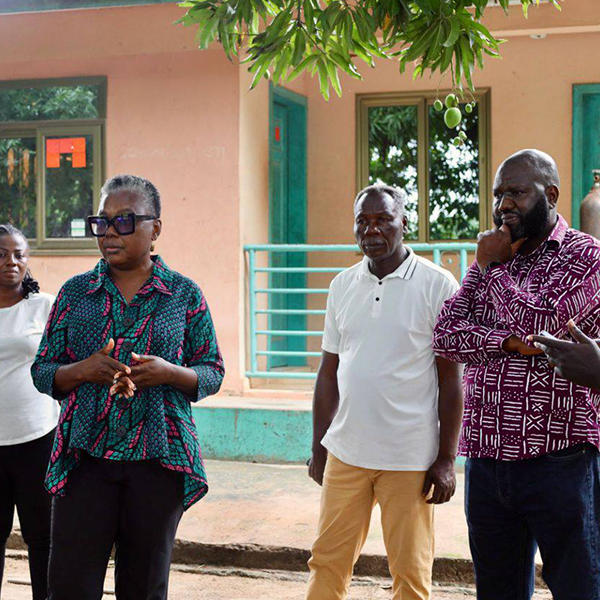The Minister for Fisheries and Aquaculture Development, Hon. Emelia Arthur (MP), has renewed calls for strong public-private partnerships (PPPs) to unlock the full potential of Ghana’s aquaculture industry, describing it as a vital pathway toward food security, job creation, and economic resilience.
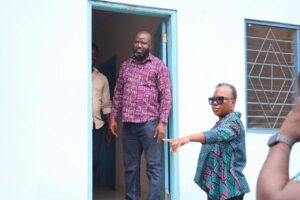
The Minister made the call during a working visit to two key aquaculture facilities — the National Aquaculture Centre and Commercial Farms in Amrahia and the Aquaculture Demonstration Centre in Ashaiman — to assess their operations and explore strategies to boost domestic fish production.
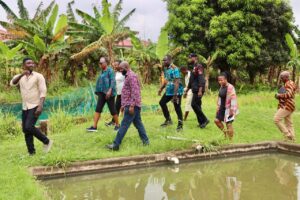
Unlocking a National Asset
The National Aquaculture Centre, located at the Dairy Farms in Amrahia within the Adentan Municipality, is a Government of Ghana initiative under the Ministry of Fisheries and Aquaculture Development. The Centre boasts state-of-the-art facilities — including commercial fish farm greenhouses, tilapia and catfish tanks with aerators, a shrimp and prawn production unit, post-harvest facilities, laboratories, and training accommodation for 24 trainees.
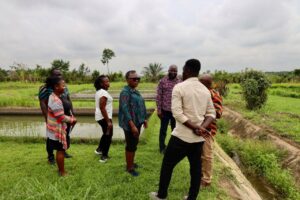
Despite its modern infrastructure, the facility is not yet fully operational, with the Ministry still in the process of assuming complete ownership. Hon. Arthur emphasized that strategic partnerships with the private sector will be key to making the Centre fully functional, sustainable, and commercially viable.

She noted that once operationalized, the Centre could serve as a regional model for integrated aquaculture, advancing fish production, training, and value-chain development.
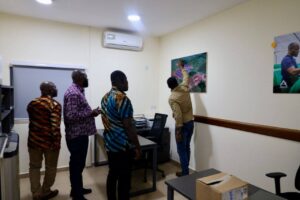
Empowering Ghanaians Through Aquaculture
At the Aquaculture Demonstration Centre in Ashaiman, which provides free hands-on training in tilapia and catfish farming, Hon. Arthur interacted with staff and trainees. The Centre serves as a lifeline for many young Ghanaians and women seeking sustainable livelihoods through fish farming.
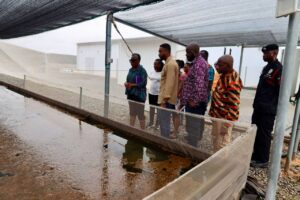
The Minister reiterated that government views aquaculture as a strategic solution to Ghana’s fish deficit, which currently forces the nation to import large quantities of fish each year. By increasing local production, she said, Ghana can reduce dependence on imports, enhance food security, and create meaningful jobs — especially for the youth.
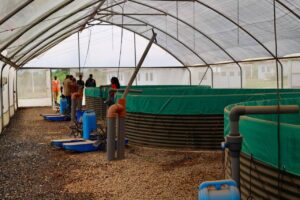
A Call to Action: Building Together for a Sustainable Future
Hon. Arthur’s visit reinforced a growing national consensus that Ghana’s blue economy — anchored on fisheries, aquaculture, and marine conservation — must be driven by innovation, investment, and inclusion.
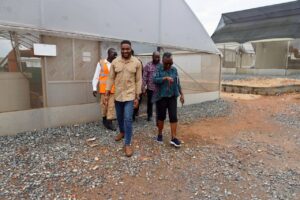
She appealed to investors, research institutions, and community-based organizations to partner with government in scaling up aquaculture operations across the country.
The Ministry reaffirmed its commitment to creating the policy, infrastructure, and capacity frameworks needed to make Ghana a leader in sustainable aquaculture in West Africa.
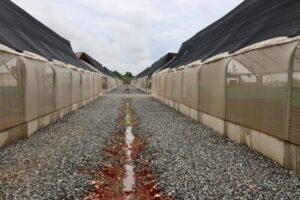
Beyond Fish, Toward Food Security and Prosperity
The Minister’s advocacy underscores a broader message: aquaculture is not merely a sector — it’s a solution. With the right partnerships, Ghana can feed itself, empower its youth, and turn its water bodies into engines of economic growth.
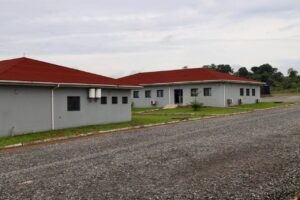
Her visit signals a clear intent — that the future of Ghana’s fisheries lies not only in the sea but also in strategic collaboration, science, and shared responsibility.
